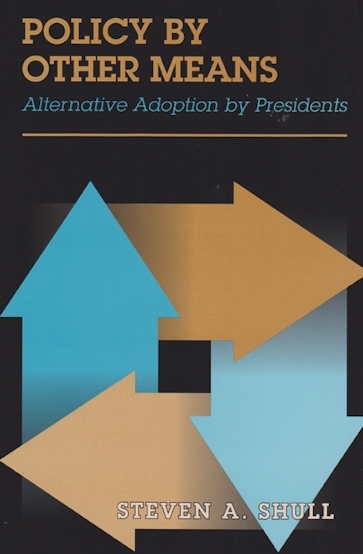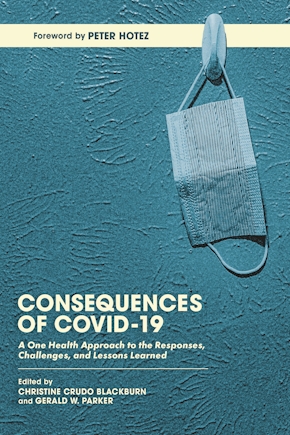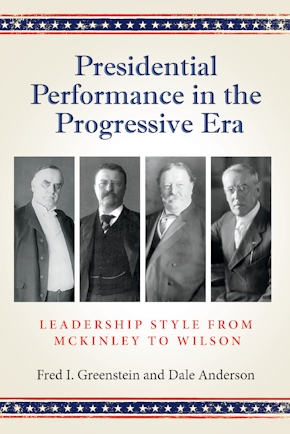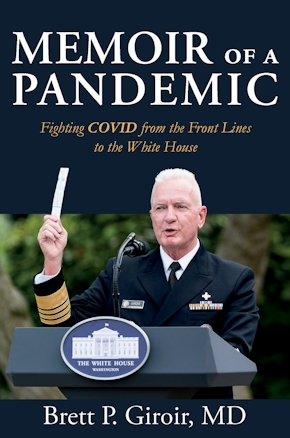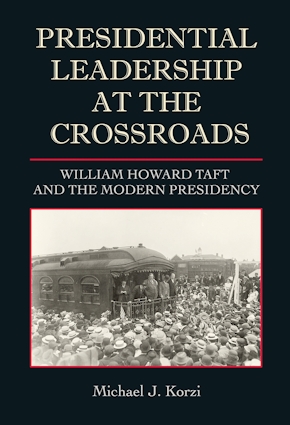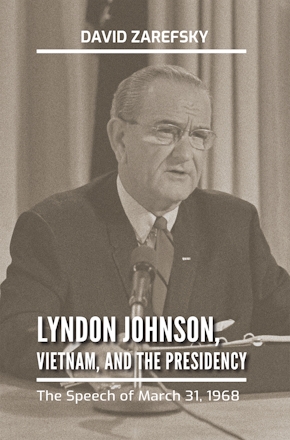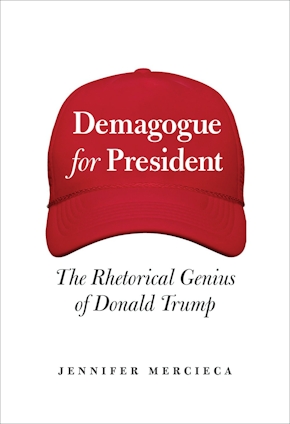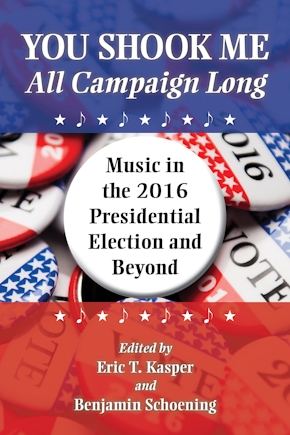Policy by Other Means
Alternative Adoption by Presidents
978-1-58544-513-4 Cloth
6 x 9 x 0 in
240 pp. 25 tables., 7 charts.
Pub Date: 07/11/2006
Available
Using both statistical analyses of recent presidents= use of alternative policy means and case studies of each tool, Shull investigates the factors that affect whether and when the chief executive becomes, in effect, the chief policy maker, budgeter, or diplomat. He examines individual, institutional, and environmental variables, as well as several controls that may influence the choice of unilateral or alternative policy actions.
Shull’s quantitative analyses help to illustrate not only the trends over time in the independent actions of presidents but also the complexity of the factors that influence those trends. His data and statistical techniques point toward confirmation of some hypotheses that have been held about the exercise of presidential powers and the disproof of others. Shull demonstrates the usefulness of applying quantitative methods, informed by theory and the literature, to the study of the office.
Scholars of the presidency, of executive-legislative relations, and of public policy will gain important insight into previously under-studied aspects of presidential power from Shull=s careful analysis of unilateral and other alternative policy adoption.
Joseph V. Hughes Jr. and Holly O. Hughes Series on the Presidency and Leadership
About the Author
Reviews
Published by Texas A&M University Press
